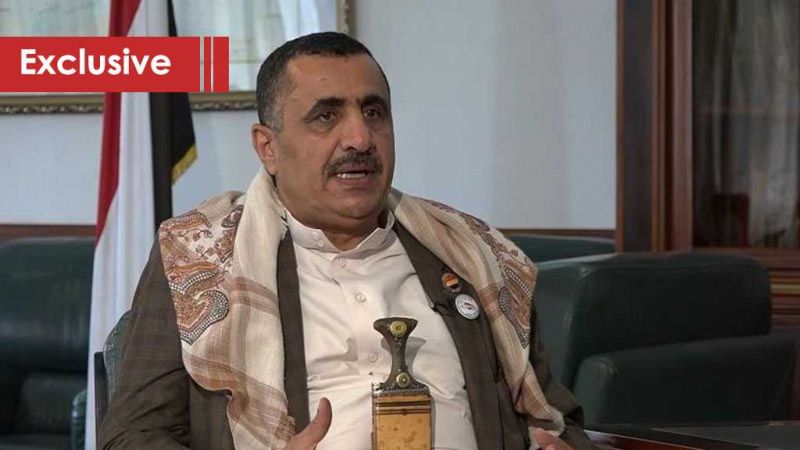
By Hiba Al-Annan
Beirut – A few days ahead, Yemen’s hospitals will be facing a real humanitarian catastrophe that threatens the lives of children and patients who receive medical treatment in intensive care units. The catastrophe won’t be limited with the medical sector, it will also harm other service sectors related to medicine, food and infrastructure.
The people of Yemen will face all this after oil facilities in the port city of al-Hudaydah have turned short of supplies as a result of the blockade imposed by the countries forming the US-Saudi-led coalition of aggression against Yemen, which seize 21 oil ships until the moment.
Therefore, the upcoming catastrophe won’t spare neither the sectors that provide necessary goods nor those that provide auxiliary ones. It will start with the medical sector, and will include food and industry.
To comment on the issue, Yemeni Oil Minister Ahmad Dares told al- Ahed News Website that hospitals and medical centers informed the concerned parties that they will run out of their oil stock within days, and that they will be forced to operate without electricity, which will put the lives of patients in danger.
“The electricity crisis and fuel shortage threaten hospitals and children sections with total suspension as the children’s beds require around the clock electric supply,” Dares told al-Ahed, noting that the crisis also targets the medicine sector due its permanent need to cooling, which requires electricity.
The Yemeni minister told al-Ahed that “The infrastructure and services sector will be mostly affected, namely water, transferring food, agricultural and industry.” Dares also voiced concerns that Yemen would be in front of a destructive reality that would lead to deteriorating health and social situations amid the Coronavirus outbreak.
Answering about the United Nations’ role in the imposed blockade, the Yemeni minister accused this organization of being partner in the crime against the Yemeni people, explaining that “We demanded the UN to assume its role and take a stance towards the injustice against the oppressed Yemeni people, but it neglected it and preferred to remain on the side of the forces of aggression.”
“The UN was involved in a way or another in this blockade by an intended dereliction since the beginning of the war on Yemen,” Dares underscored.
He further made clear that “The Yemeni side asked the forces of aggression, via the UN and other international organizations, civil society and all means of negotiation, to stop the blockade targeting the Hudaydah Port facilities, but all means didn’t work and didn’t find a way to happen.”
He then stressed that the Yemeni side preferred that the military shoulder this responsibility and perform its strict measures.
Dares also recalled that around 20 oil ships have been seized for more than 100 days in the Yemeni waters, while they are bearing fines and huge amounts of money for their stopping there.
“We called and negotiated to solve this issue, but there is no solution until now. The forces of aggression insist on starving an killing the Yemeni people in all means,” the Yemeni minister concluded.
Source: Al-Ahed News